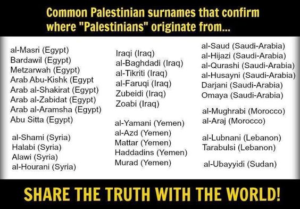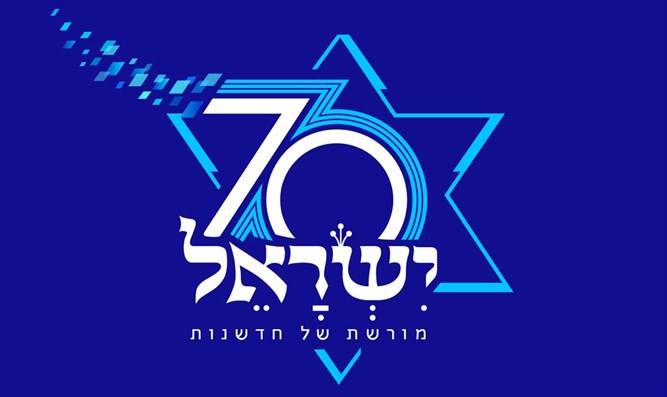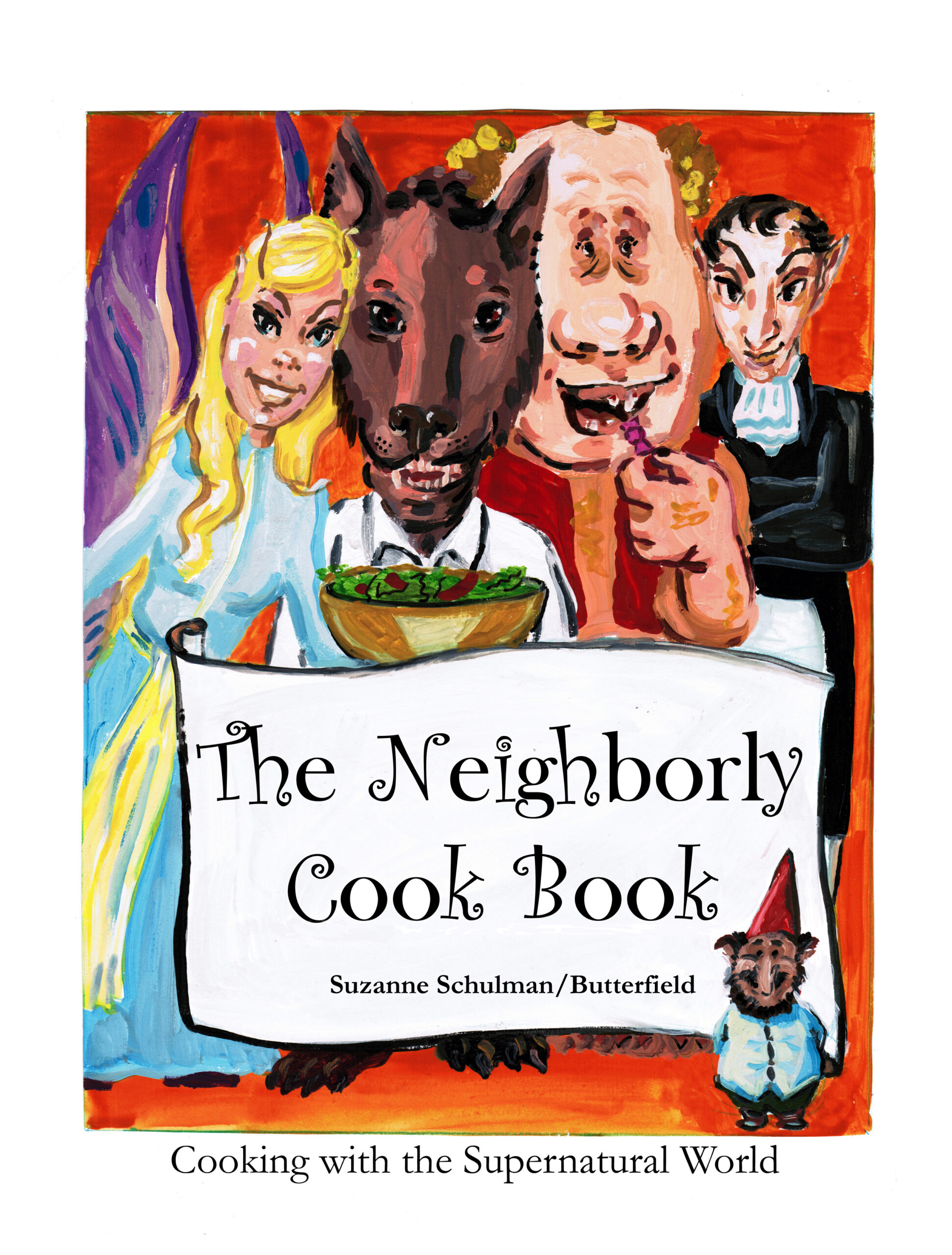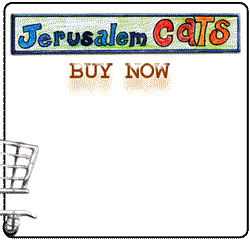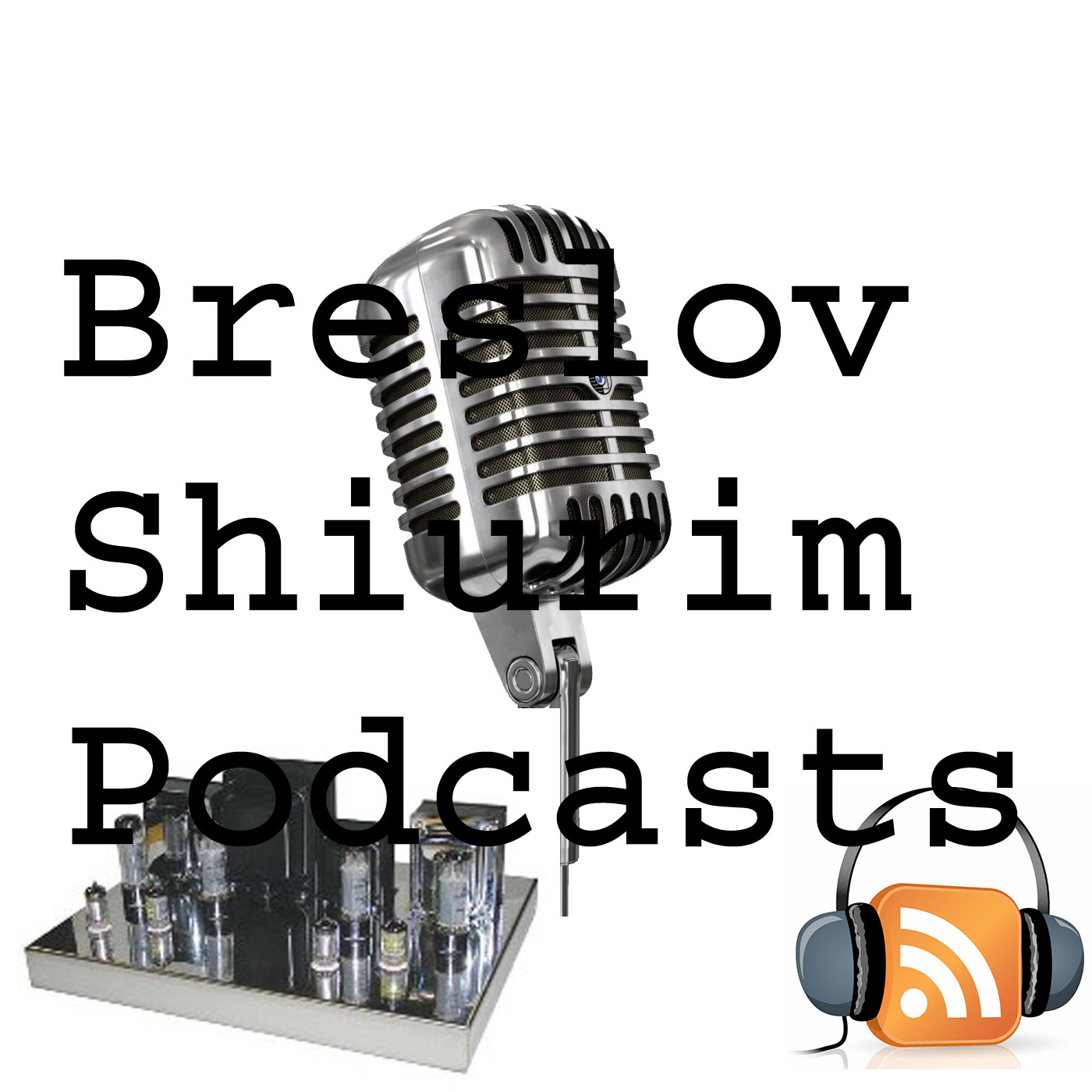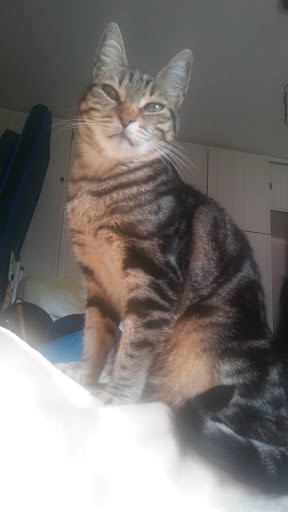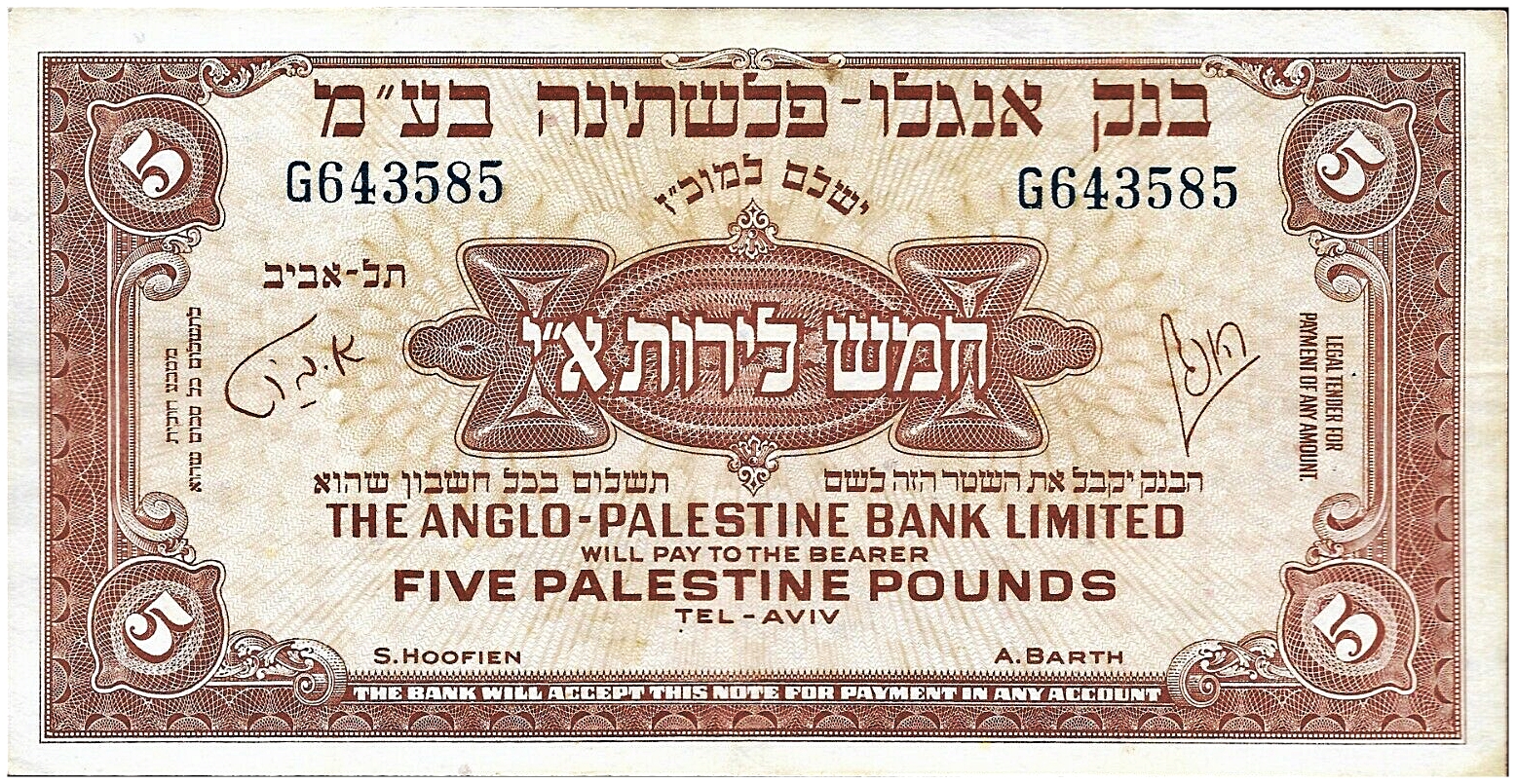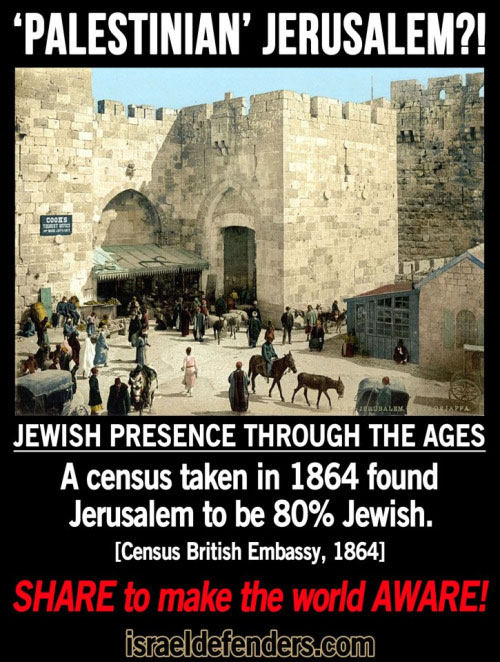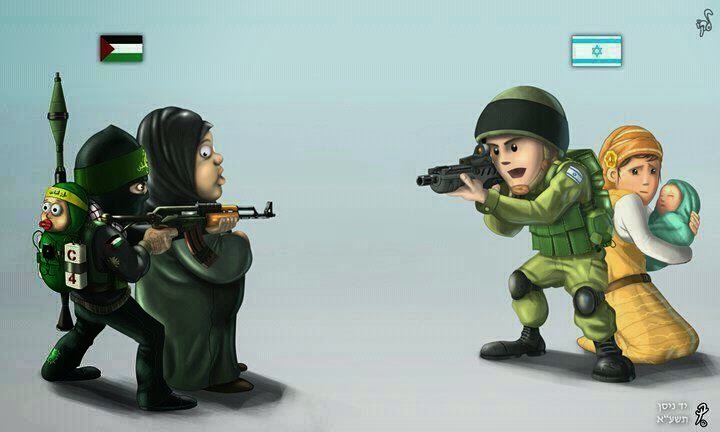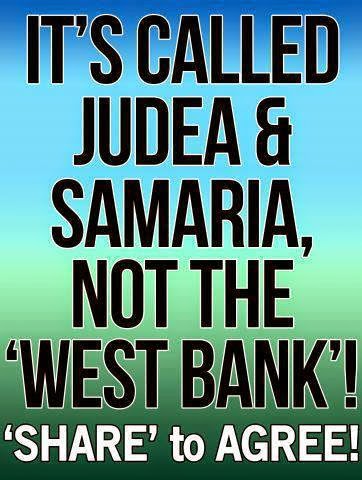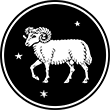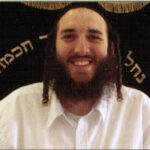
Chol Hamoed (literally, “the weekday of the holiday”) refers to the “intermediate period” of the festivals of Passover and Sukkot. They are the days sandwiched between the beginning and ending holy days of both festivals.
Passover is eight days long. The first two days and last two days are full-fledged festival days, and the middle four days are Chol Hamoed. (In Israel, Passover is seven days long, with the middle five being Chol Hamoed.)
Sukkot through Simchat Torah is nine days long. The first two days (Sukkot) and the last two days (Shemini Atzeret and Simchat Torah) are full-fledged festival days, and the middle five days are Chol Hamoed. (In Israel, the holiday is eight days long—Shemini Atzeret and Simchat Torah being condensed into one day—with the middle six days being Chol Hamoed.)
Many families find Chol Hamoed to be a perfect time for fun family outingsOn the full-fledged festival days of Passover and Sukkot we are prohibited from creative work, much like Shabbat (with exceptions, see here for details).
On Chol Hamoed, however, we are permitted to do many of these activities. For example, we may use electricity or drive a car. (Unless, of course, the intermediate day is also Shabbat.) Nevertheless, we still try to avoid going to work, doing laundry, writing and certain other activities. (See below for more details on this holiday/weekday balancing act.)
Many families find Chol Hamoed to be a perfect time for fun family outings. On these days, parks, museums and zoos are often full of Jewish families enjoying the holiday.
The special mitzvahs of the festival are equally observed on Chol Hamoed. For example, we may not eat chametz during Chol Hamoed of Passover, and we eat in a sukkah and shake the lulav and etrog on Chol Hamoed of Sukkot. The days of Chol Hamoed also include the mitzvah to be joyous and celebrate; some wear holiday clothing.
There are special prayers and Torah readings in the synagogue during Chol Hamoed, and in many communities men do not put on tefillin (see Do I put on tefillin during Chol Hamoed?).
What types of labor are permitted on Chol Hamoed?
Chol means “weekday; mundane.” Moed means “holiday; sacred.” Each of these on its own is quite simply understood, but how can one day be at once both a simple weekday and a holiday?
As little work as possible; as much holiday celebration as you canIn order to maintain the fine balance of holiday and weekday, a set of guidelines exists to help us determine what we may and may not do on those days. The general principle is to do as little “skilled” work as possible, and as much holiday celebration as you can. The following is a basic summary of the guidelines. If questions arise, consult a qualified rabbi—when work must be done, it is very likely that it is allowed.
Permitted activities include:
Anything done in order to prepare or cook food.
Anything done for medical purposes.
Any non-strenuous work which, if not performed at the time, would cause loss (unless it could have been done before the festival, and was deliberately delayed until Chol Hamoed).
Additional laws:
In general, business should be transacted only if it will benefit one’s ability to purchase things for the holiday, or if by not working, one’s business will lose its current capital. Selling merchandise is otherwise prohibited.
It is forbidden to record business matters, unless if by not doing so one will forget important details, resulting in financial loss.
We go shopping only for items needed for the holiday, unless the item is currently on sale and will be more expensive after the holiday, or will be otherwise unavailable for purchase.
Writing should be avoided. When absolutely necessary, it should be done in a different way than usual.
Doing laundry is forbidden, except clothing needed for the holiday and which could not have been laundered before the festival began.
Working in the field, except for essential watering, and picking produce for eating during Chol Hamoed, is forbidden——unless refraining from work will be financially detrimental.
We go shopping only for items needed for the holidayWeddings are not held during Chol Hamoed, though engagements are permitted.
Cutting hair and shaving is prohibited.1
Nail-cutting is permitted, if one also cut one’s nails the day before the festival began.
Fasting is prohibited.
Mourning practices are observed differently, and one should consult a qualified rabbi.
One may hire a needy person to do labors usually prohibited on Chol Hamoed, so as to provide him with a livelihood with which he can purchase things for the holiday.




